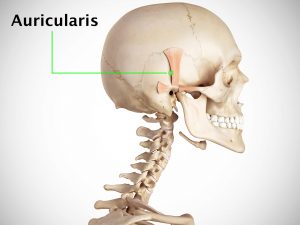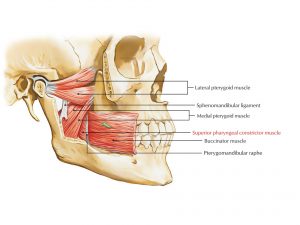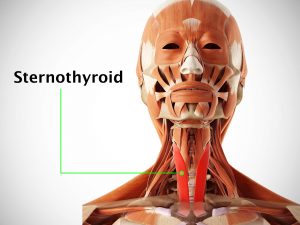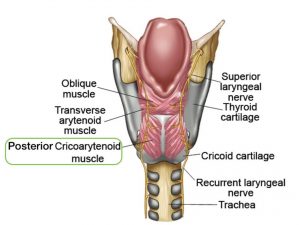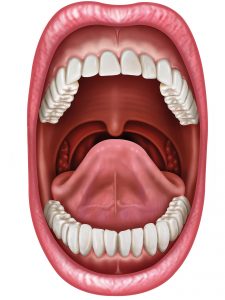Causes and risk factors
Mastoid is a spongy bone made up of multiple air sacs. Any infection from the middle ear can easily extend into the mastoid bone, thus causing mastoiditis. Untreated otitis media is the commonest cause of mastoiditis. This infection is commonly observed in children. The common micro-organisms responsible for the infection include Staphylococci, Streptococci, Mycobacterium, and Haemophilus influenzae.
Clinical presentation
Mastoiditis presents with otorrhea, otalgia, and fever.
Otorrhea refers to drainage from the ear. Otalgia refers to pain in the ear.
Very young children with this condition may cry repeatedly and do not feed properly. Other symptoms of mastoiditis are headache and loss of hearing.
Investigations
A blood test is carried out to measure the complete blood cell count.
Audiometry is done to assess the hearing.
Tympanocentesis – This procedure is performed in which the tympanic membrane is punctured and the fluid is tested for culture and sensitivity.
Imaging tests such as x-rays, CT or MRI scan of the head may be suggested.
Treatment
Mastoiditis is a serious condition and needs aggressive treatment. The patient is first put on intravenous antibiotics and then shifted to oral antibiotics.
If the infection fails to clear up, then surgical intervention becomes necessary. Partial mastoidectomy is performed, wherein a part of the mastoid bone is removed in order to drain it. In the event of complication such as bone necrosis or abscess formation, surgical intervention becomes necessary. Mastoidectomy (removal of the mastoid bone) is performed with or without tympanoplasty (reconstruction of the tympanic membrane).
Complications
Mastoiditis can give rise to severe complications such as facial paralysis, sepsis, papilledema, brain abscess, or even death if left untreated.
When to contact a doctor
Contact a doctor as soon as you experience ear pain, ear discharge, or fever.
Systems involved
Otology
Organs involved
Ear, brain












